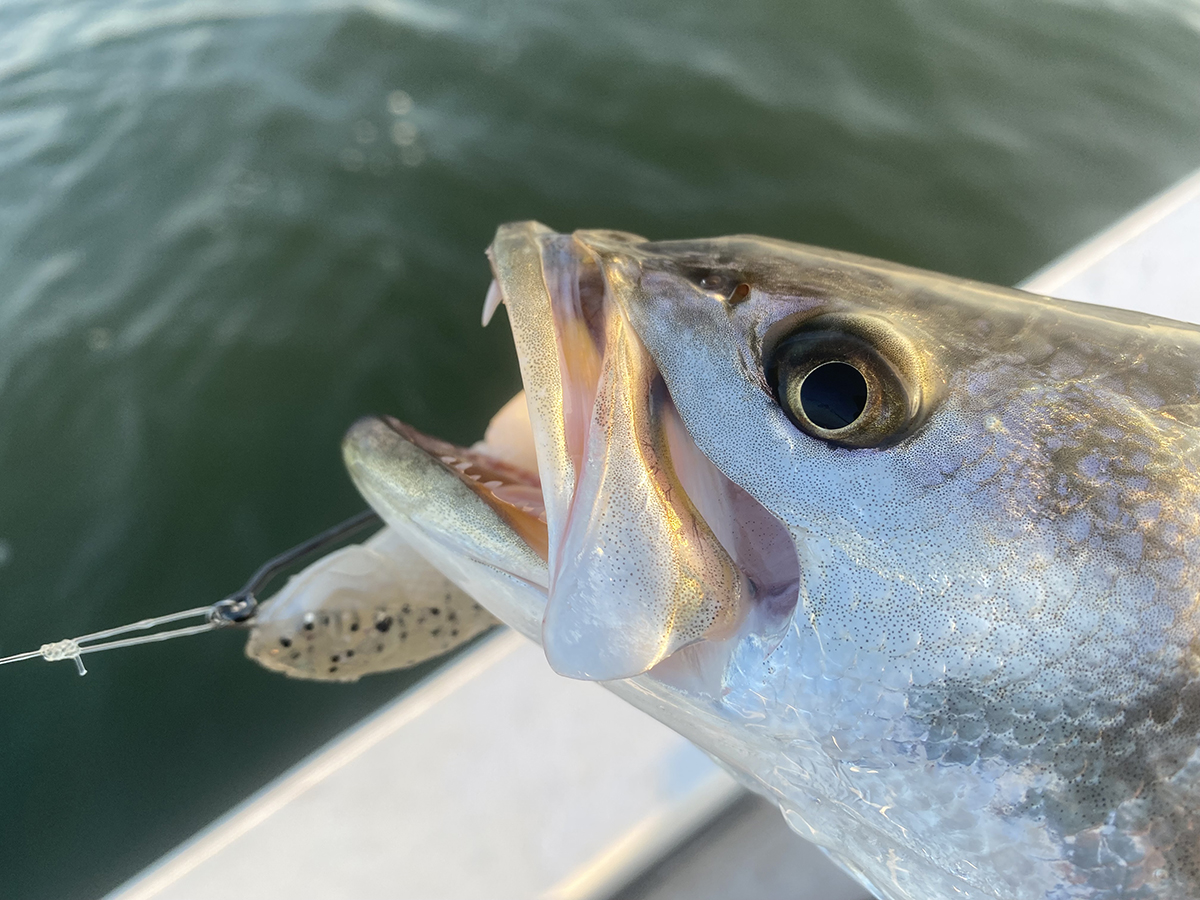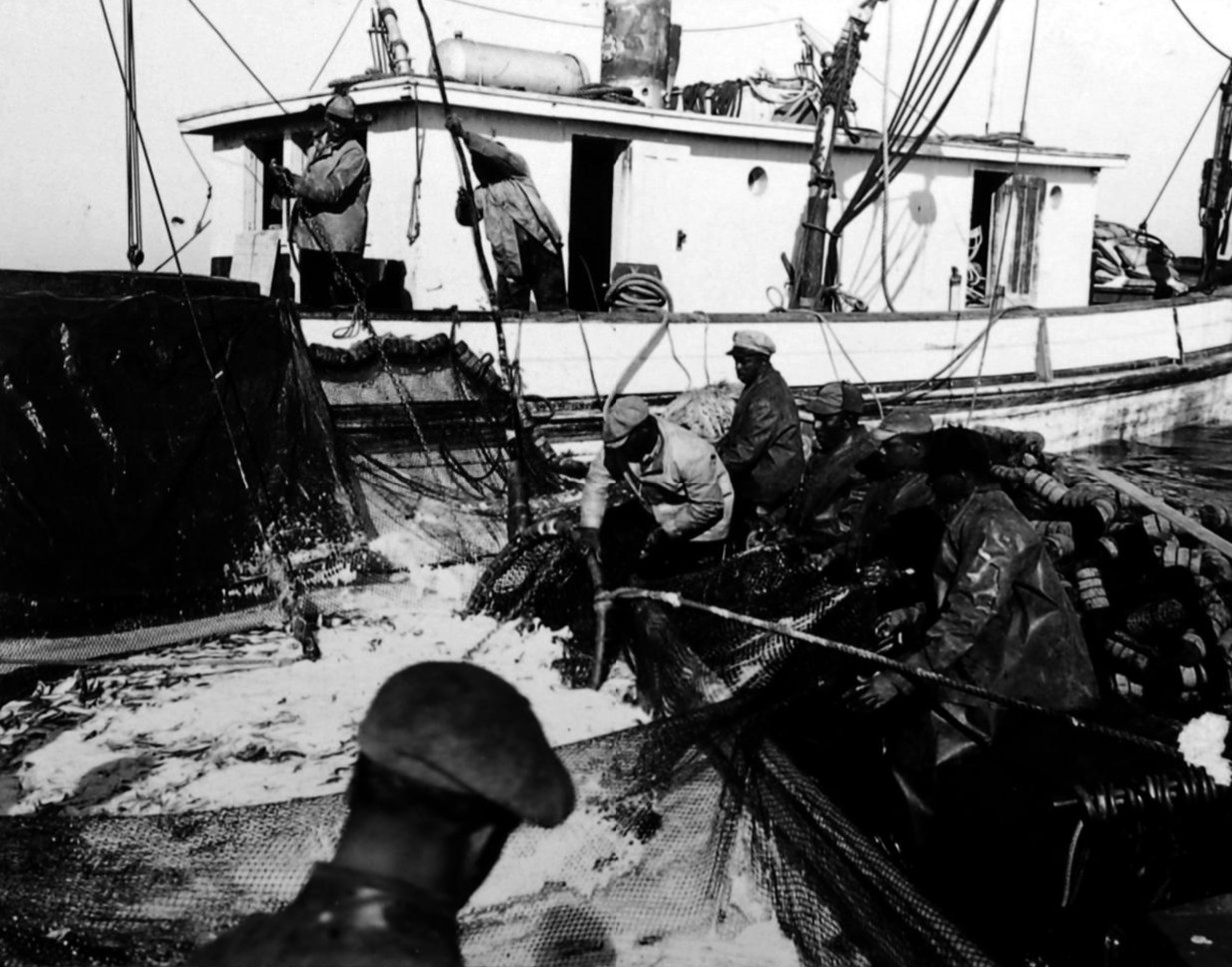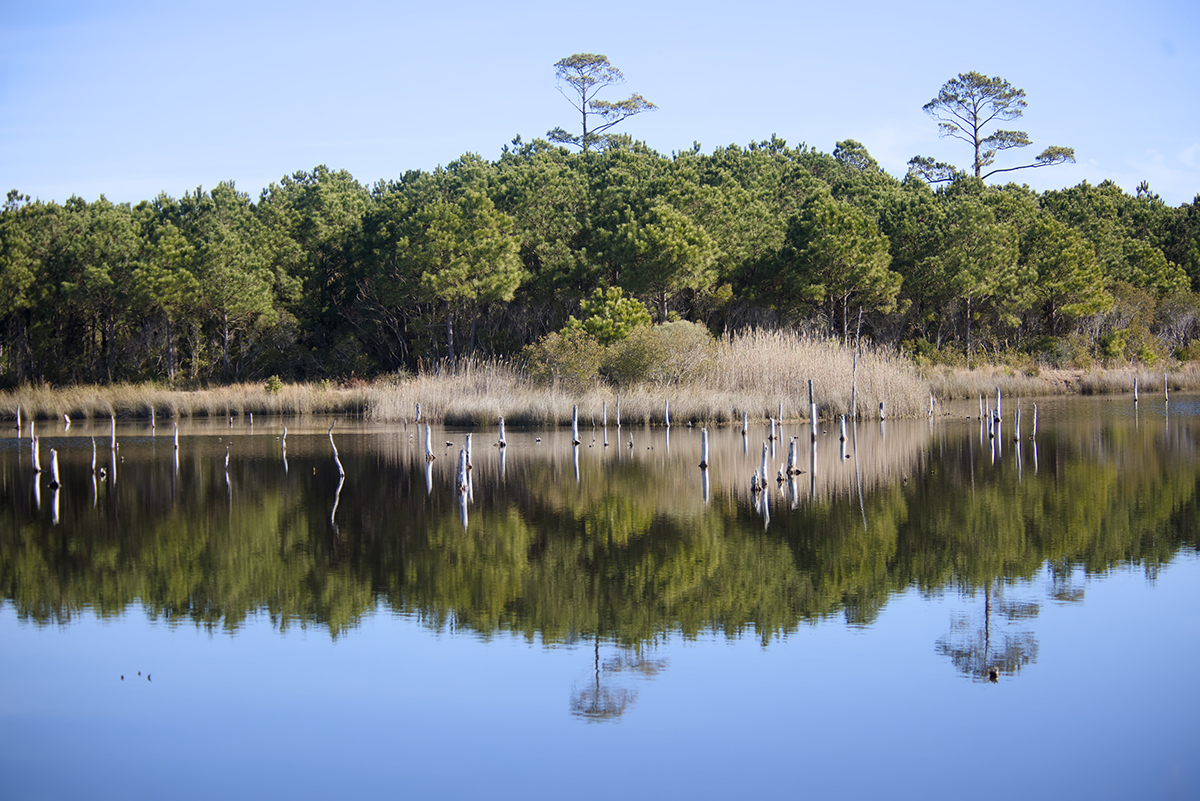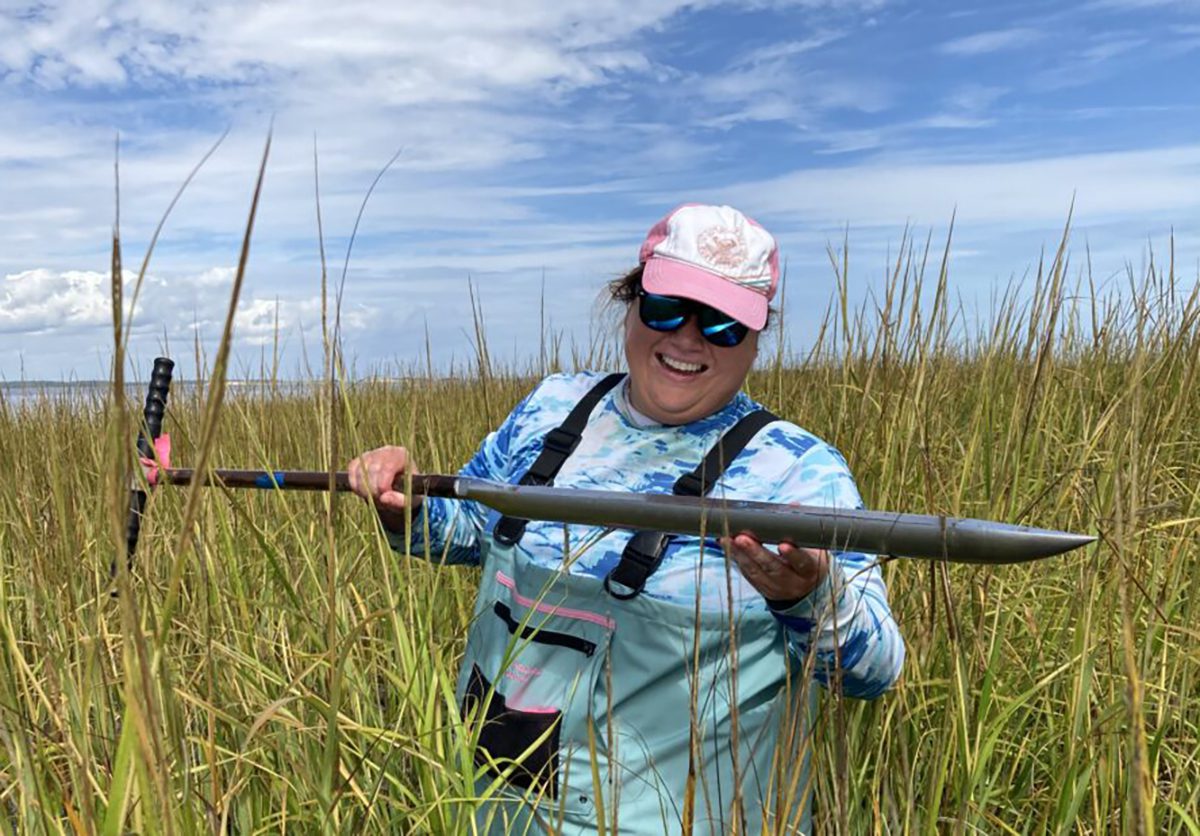
WILMINGTON – Hopping from duty station to duty station as a military child, Mariko Polk was accustomed to a routine of moving to different houses, communities and schools.
That’s the pattern that cuts the life fabric for most kids in the military. Consistent inconsistency.
Supporter Spotlight
Her tried-and-trues were her family, one that unknowingly would craft what has become a passion for the natural sciences and, call it fate, growing up by what has become her life’s work.
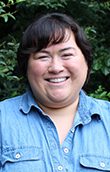
“I’ve been very fortunate to live by the water my entire life,” Polk said before noting she lived a short time in Arizona.
Now, 36, with a newly earned doctorate in marine biology, she will work with others who live near the water and assist them in adapting to a landscape being altered by climate change and sea level rise.
Polk is the latest hire to North Carolina Sea Grant, moving into a position long held by Spencer Rogers, who retired in February 2022 after 40 years as the organization’s coastal erosion and construction specialist.
She officially started June 5, settling into Rogers’ former office at the University of North Carolina Wilmington’s Center for Marine Science campus.
Supporter Spotlight
Same windowless office. Different title.
Polk is the new coastal processes specialist for Sea Grant, a research and education nonprofit that focuses on coastal issues.
This is her dream job, where she will be able to utilize her years of research and offer them as tools to coastal communities dealing with the effects of a changing climate.
“I didn’t expect this position specifically,” Polk said during an interview after attending Cape Fear River Watch’s annual State of the River forum June 1 in downtown Wilmington.
“I knew that I really wanted a position where I was doing some level of service, which is so great because this position is all about community-based service,” she said. “But also, I think every PhD has this in mind that you think you’re going to go academia. To be honest, I’m really excited about the fact that this is academia-adjacent – what I’ve been calling it – where I’m still part of it, but I’m also part of the application aspect for the community.”
Let’s rewind for a moment and get back to her childhood.
When her father, a Marine, was stationed in Japan he fell in love with a local girl. They married and had four children. Mariko was their firstborn, followed by two boys and a girl.
Polk’s childhood is full of memories exploring outdoors with her parents, swimming with her siblings and tapping into a self-described nerdy, science-y curiosity about natural sciences.
Her pursuit of higher education somewhat mimics her hopscotching lifestyle as a child.
She earned an associate degree at San Diego Miramar College in 2009, a certificate of geographic information systems from the University of West Florida and a bachelor’s in environmental resource management from California State University Bakersfield in 2012.
During those years she married a Marine and the two moved from San Diego to Okinawa then Okinawa to North Carolina, where they’ve remained since 2014.
That move afforded Polk the opportunity to set her sights on graduate school at UNCW.
In 2014, during what was the start of a two-year internship with the North Carolina Coastal Federation, which publishes Coastal Review, she received recognition for her research comparing more than a dozen living shoreline projects and eight controlled site locations along the North Carolina coast.
In 2015, she earned a master’s degree in — get ready for this mouthful — science and environmental studies with a concentration in coastal management. She completed that degree in one year after overloading on credits to ensure she put herself through college debt-free.
Her research was first published in summer 2015 on erosion control and living shorelines.
Going back to school to earn a doctorate was, at that time, out of the question.
“Absolutely not,” Polk said. “I was like, ‘no, I’m done. Thank you, ma’am.’”
She was content working as a geospatial consultant with the Coastal Federation and coastal municipalities including Swansboro, Pine Knoll Shores, New Hanover County Soil & Water Conservation District and Beaufort to create watershed management plans.
But, she said, “the science drew me back.”
“Being surrounded by inspirational people, it was just so exciting so I took the plunge again, glutton for punishment that I am I guess,” she said. “But it provided me an opportunity to really delve into salt marsh ecology and living shorelines, which was a really big interest of mine, so I couldn’t pass up the offer. I really couldn’t.”
She’s passionate about her dissertation, “Implications of estuarine shoreline stabilization decisions in North Carolina on human and natural dimensions.”
May was an especially celebratory time in the Polk home. UNCW graduated her with a doctorate and her husband with a double bachelor’s — the first in his family to do so — in information technology and cyber security.
Shortly after she was offered the job with North Carolina Sea Grant, he accepted a job at Corning Credit Union.
“This is home. This is home and I want to see us thrive. I want to see our people be OK and for devastating storms like (Hurricane) Florence not to have the life-changing impacts it had. If getting research out there and being able to help communities apply it, that’s one small thing I think I can do. I’m really optimistic about what can be accomplished in our communities. I really am hopeful that I can empower communities in that sense. Very dreamy, I know,” she said with a smile.



